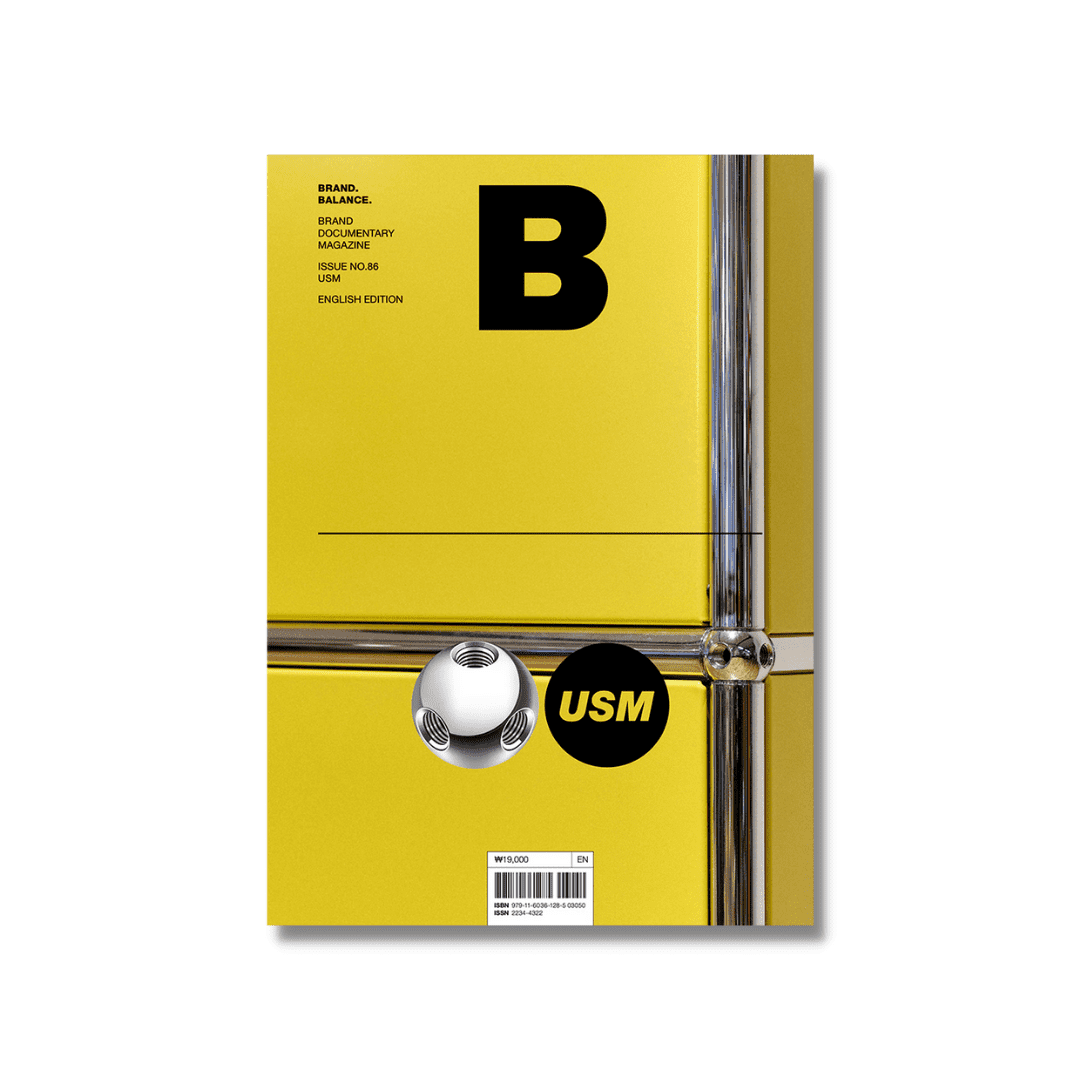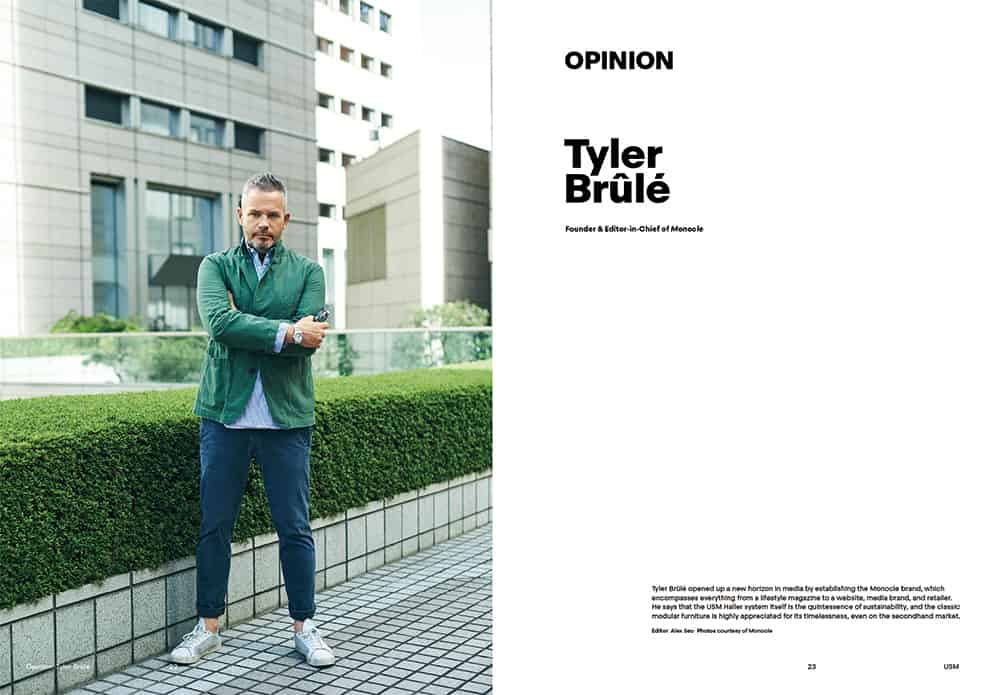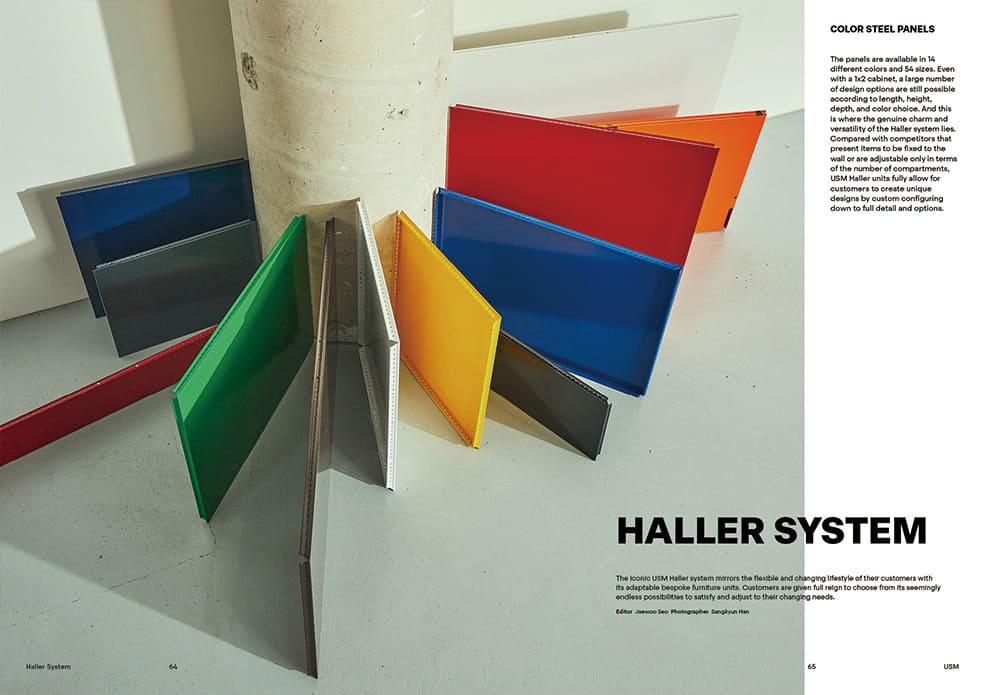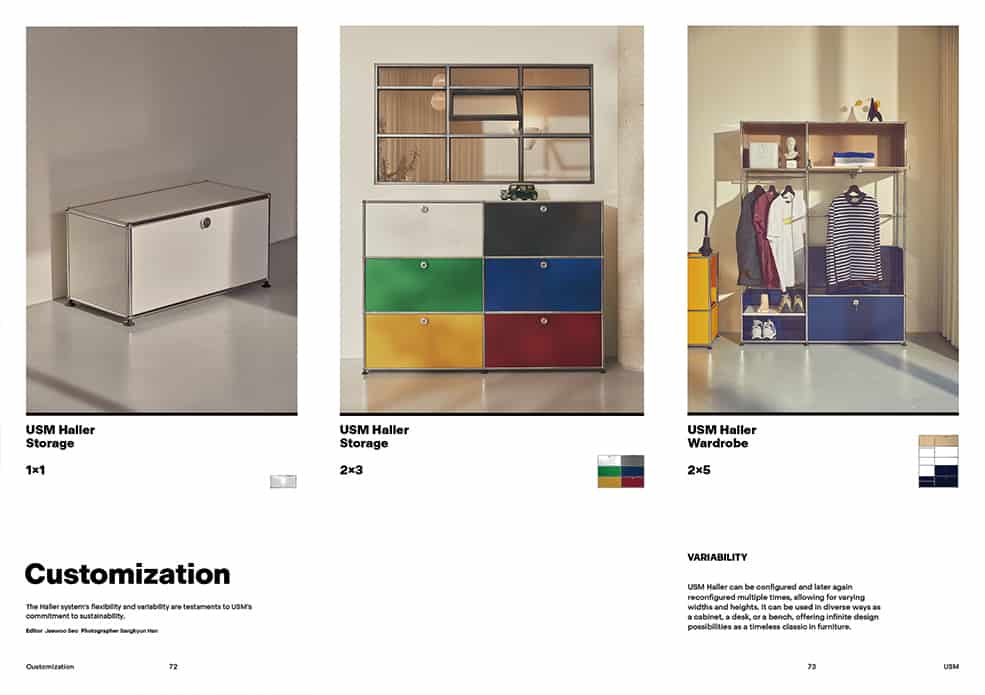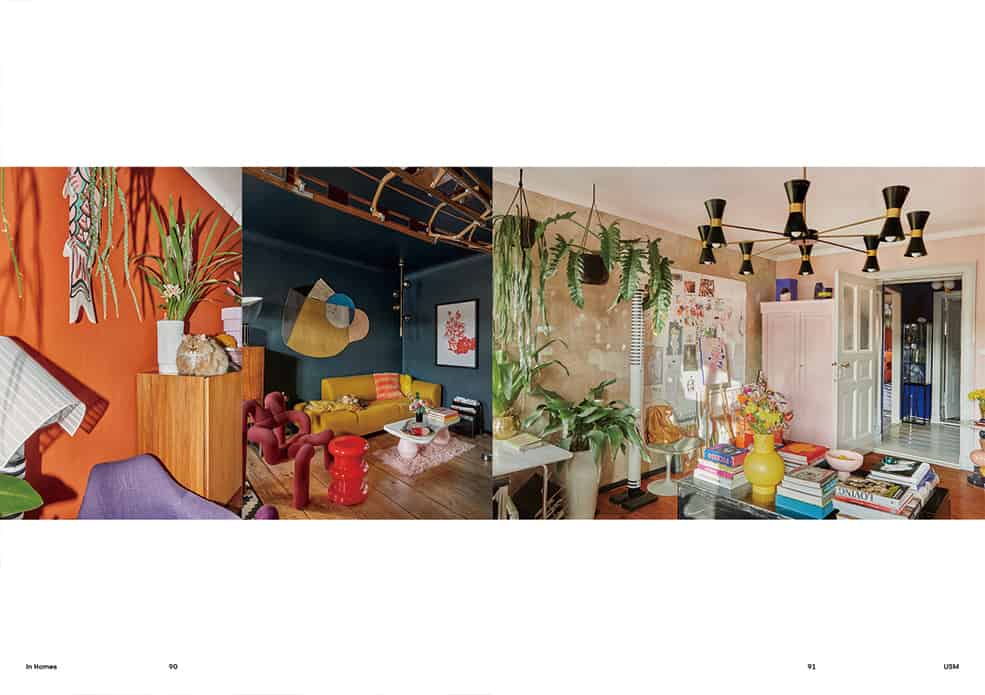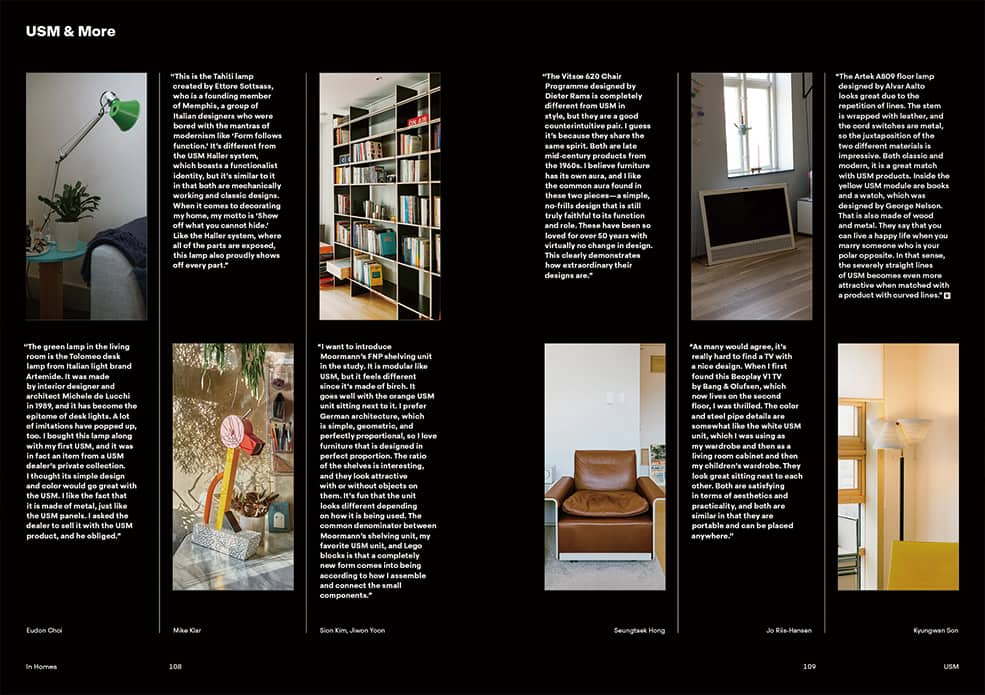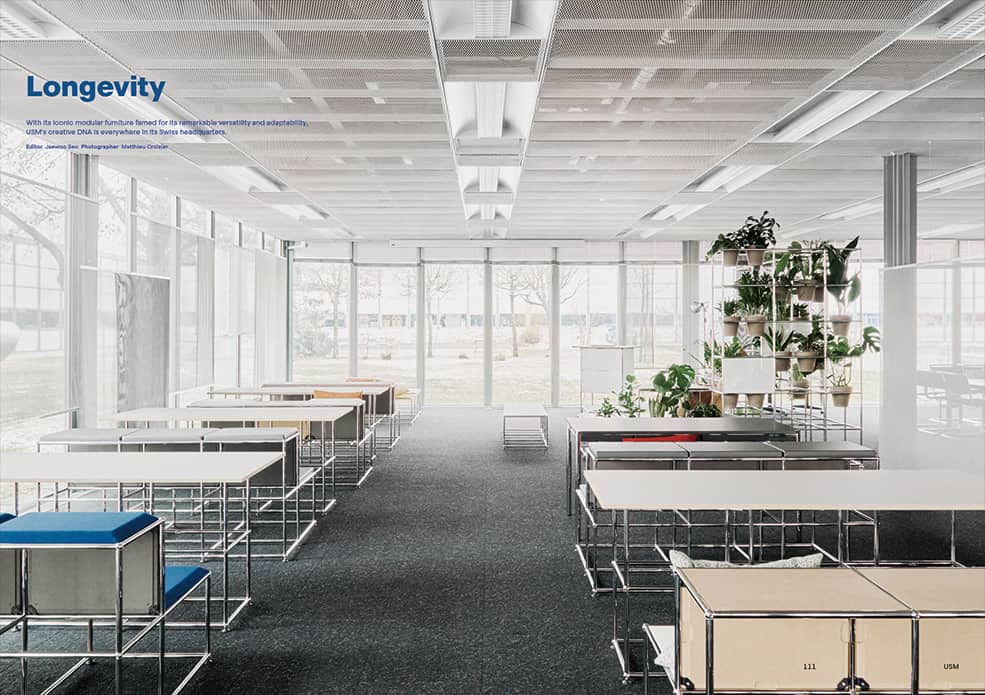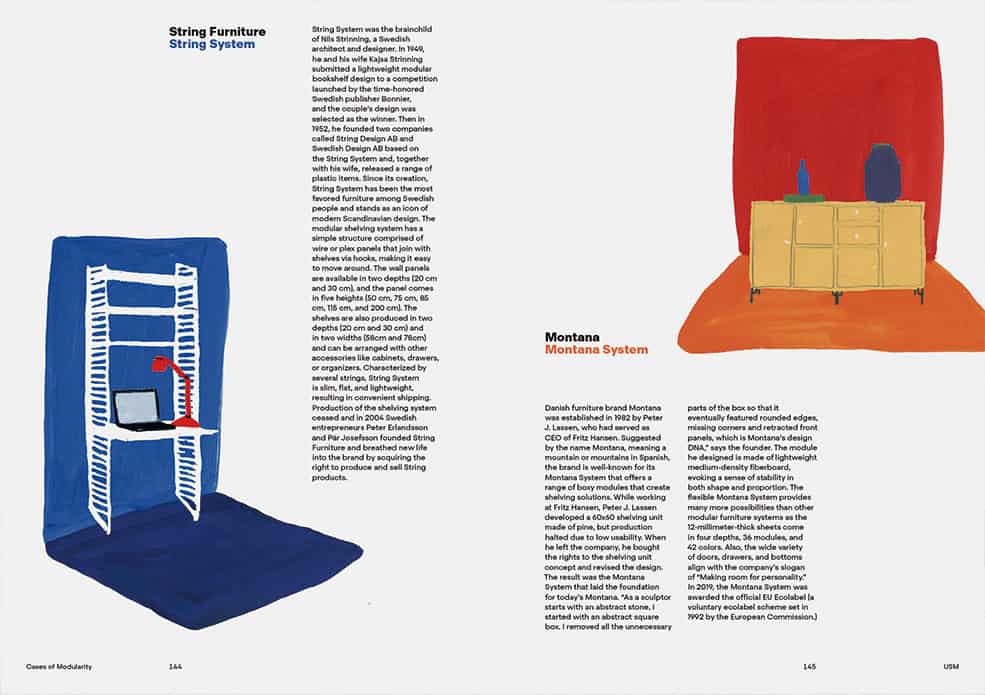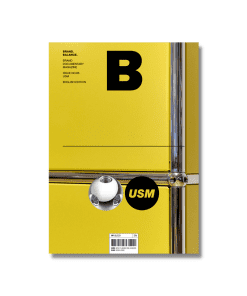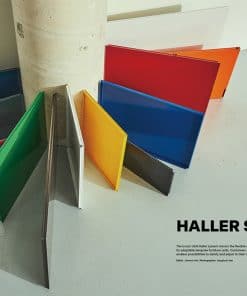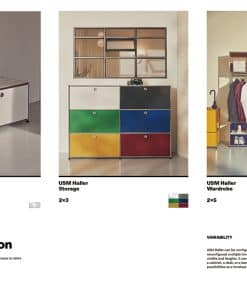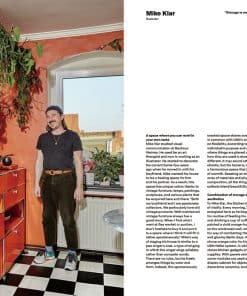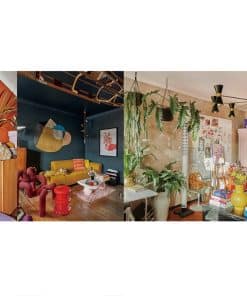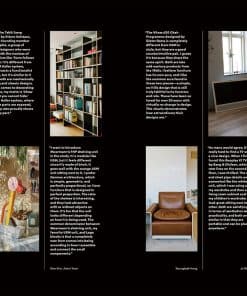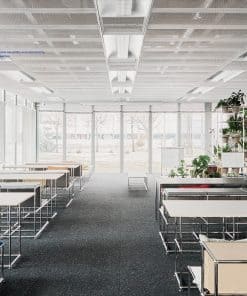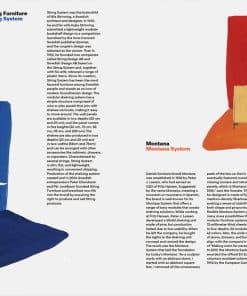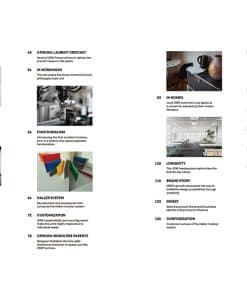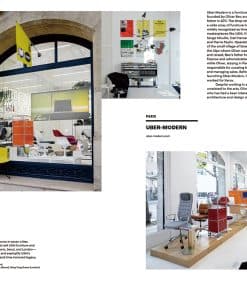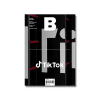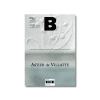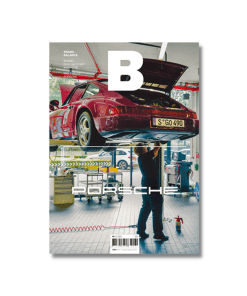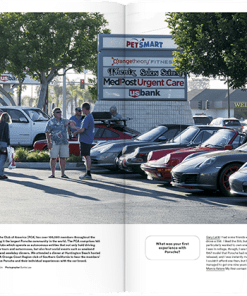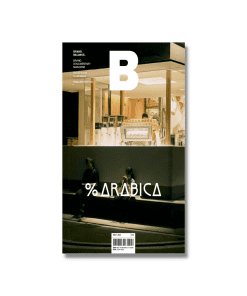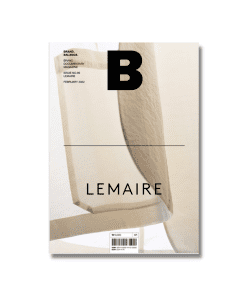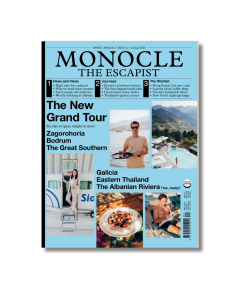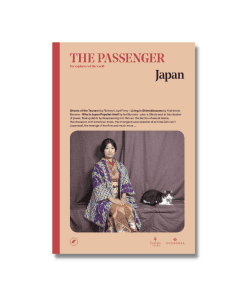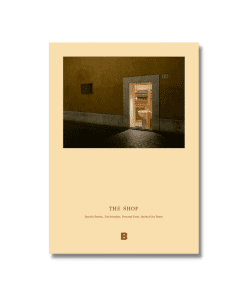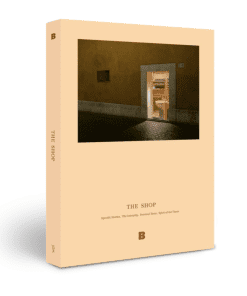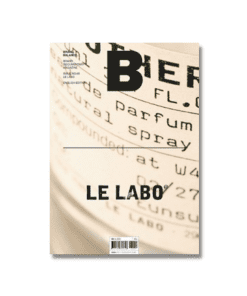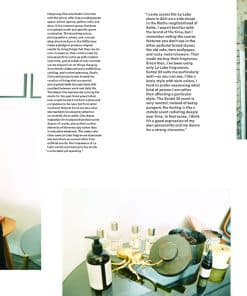Magazine B No.86 USM
480.000₫
Renowned furniture brand USM was founded in the Bern village of Münsingen, Switzerland, in 1885. Initially a metalwork and locksmith business, the brand burst onto the scene as a mover and shaker in modular furniture when Paul Schaerer, grandson of USM founder Urlich Schaerer, took the helm in 1961. USM Haller, the company’s first iconic modular furniture system developed in 1965 together with Swiss functionalist architect Fritz Haller, is admired worldwide for its sustainability and timeless, modern aesthetic.
Welcome to the 86th issue of B.
In creating 80+ issues, B editors visited the headquarters of countless brands—a time that feels like a lifetime ago now. Meeting marketing representatives and touring head offices signaled the official beginning of our research on each brand. To analogize with the innerworkings of a restaurant, these initial encounters were like being welcomed into a professional kitchen. The office tour reveals so much about a brand in terms of values that are reflected in the office layout, the interior design, and the way employees utilize spaces, not to mention the location. The purpose of an office tour is not to scrutinize the interior design or the geographic location, but rather to glean how the brand makes decisions based on what they do or don’t choose to incorporate into their ideal office space.
One of the most interesting that springs to mind is the Monocle office. When B covered the Monocle magazine brand five years ago, the company was located in an old brick building in the Saint Marylebone borough of London, England. Wooden desks and chairs, big windows drawing in abundant sunlight, and a tidy garden outside the window were impressive enough, but the greatest symbol of the Monocle universe’s spirit was the way the furniture was arranged in the lobby and the reception area, which determine the tone for every building. Among the various pieces was the notable Haller system created by USM, the brand we are focusing on in this issue.
The USM Haller system is immediately identifiable, and it does not require knowledge of design history or a keen eye for aesthetics to recognize its value. While USM’s core asset is the concept of modularity to allow for infinite expansion, its most brilliant accomplishment would be the fact that the furniture retains its distinct design identity and balance no matter how far its products expand from shelves to catering trolleys, catering trolleys to wardrobes, and wardrobes to desks. USM naturally blends with any architectural style regardless of the size or mood of a given space—a quality that makes USM transcend its functionality as mere furniture to that of a perfect organic system. Indeed, this attribute even raises the question of whether the brand will ever be able to create something that tops the Haller system.
But USM remains unflustered by this question. Emphasizing that old modules purchased a decade ago are still compatible with current releases, the brand focuses on tweaking the already excellent line rather than reinventing the wheel. USM touts its modular system as synonymous with sustainability, and over the past 50 years, their products have proven that sustainability is a sincere brand value. USM Product Development Director Thomas Dienes once articulated the brand’s stance during an interview: “Sometimes it’s good to focus on what you are good at.” In a society addicted to instant success, USM’s attitude is a breath of fresh air.
Eunsung Park
Content & Editorial Director
Cho phép đặt hàng trước

